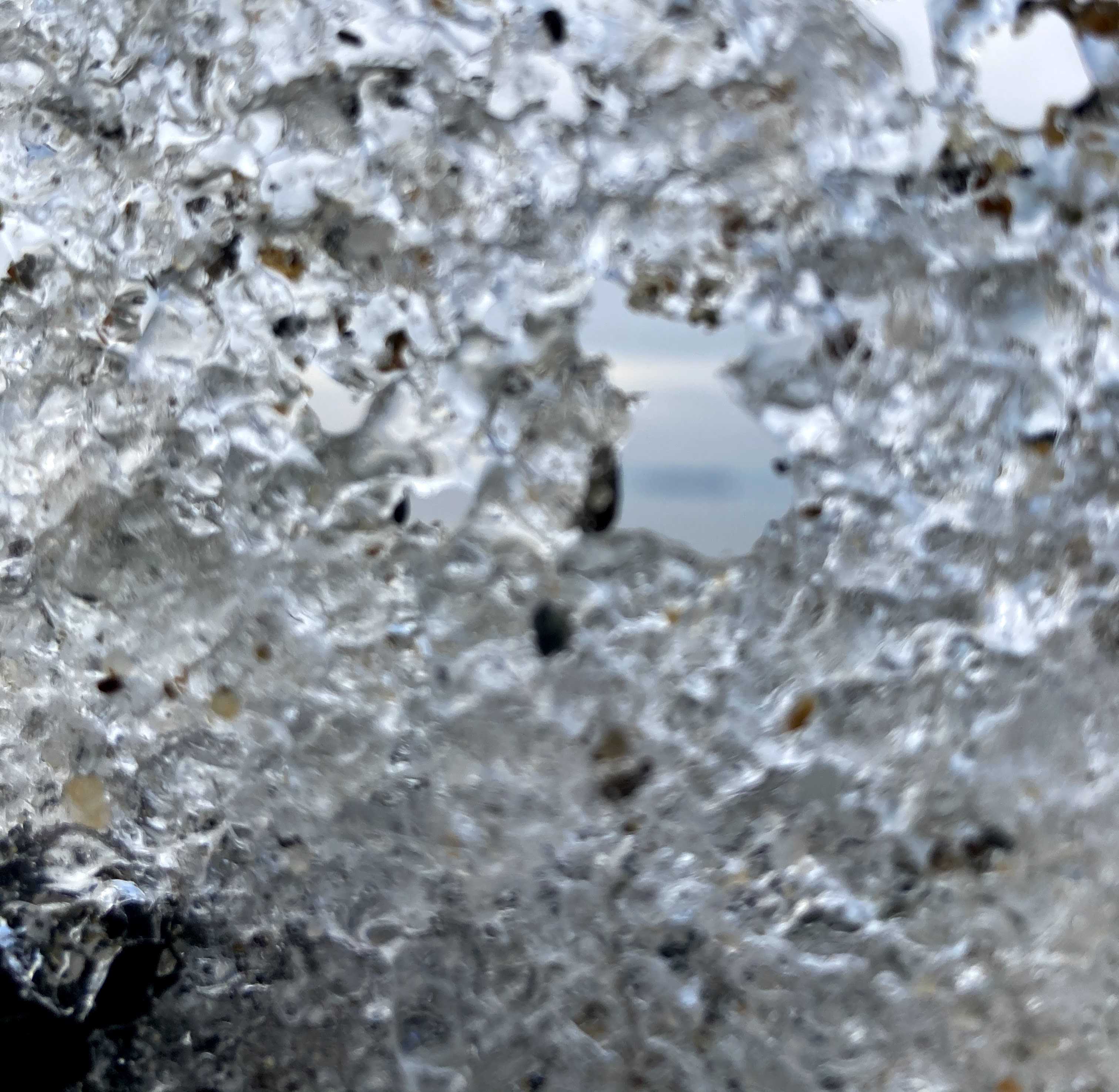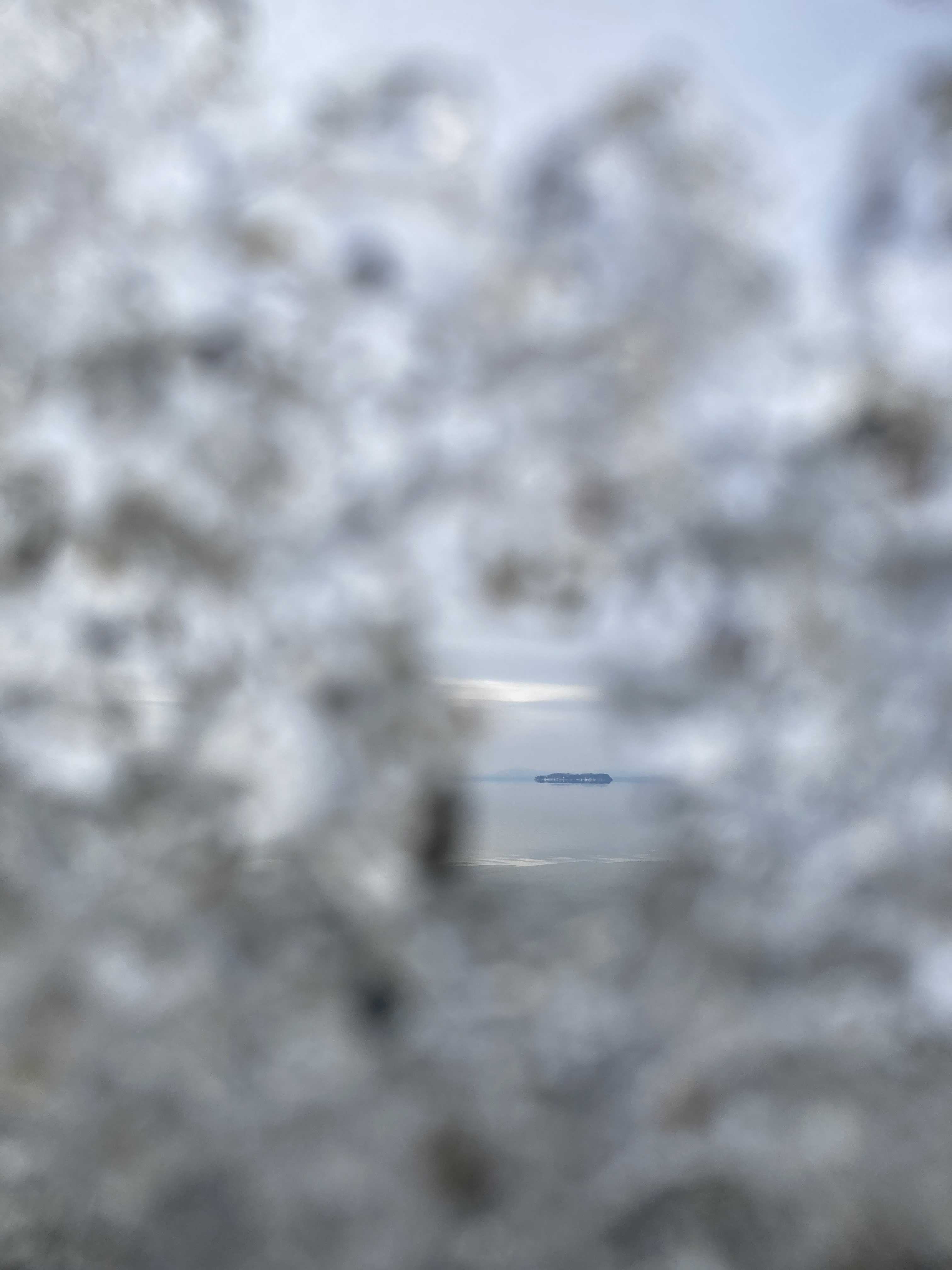Grad School Diaries: Dancing with Doubt
A self-therapy session
This was a rough week for me. I spent over 25 hours on a single assignment for one of my classes, Data Science II. Most of the problems involved deriving probability distributions and some of their properties, and I struggled due to my lack of solid grounding in calculus.
I wasn’t sure how to gauge whether my struggles simply indicated a lack of mathematical fluency, which is something that could be remedied through practice and a firmer grasp of the fundamentals, or if I just wasn’t “getting” it at some deeper intuitive level. This led me to wonder if I would ever get it, if not to the degree that my professor does, then at least to the degree of any other data scientist in the field. When some of them talk about and do math, it looks like a magical sleight of hand, despite knowing how much work they’ve probably put into their studies. Still, I can’t help but feel that there is more to it than that.
I talked with my classmate Julia about this. Neither of us have academic backgrounds in math (she studied linguistics, I psychology), so we feel somewhat out of our element when it comes to some of the finer technical details. We lean heavily on analogies and intuition more than anything, but sometimes it doesn’t feel like it’s enough. Sometimes the intuition only makes sense after one has worked for that understanding. But how hard should one try to reach that intuitive level? And what should one do if that point is never reached? Should we accept that we will never be as good as some of these other folks, that it won’t ever feel as easy as walking? Or will stubbornness and persistence be our savior? Is it good enough to be good enough? I think the answer to that has to be yes, for sanity’s sake. And I’m sure there are many organizations or groups of people in the world who would be happy to receive help from any average data scientist – not everyone needs a theory-stoned academic to solve their problems. They just want their problems solved.
So maybe what matters then is being useful. Wherever we fall on the grand distribution of things, we can always be useful to someone. That’s reassuring. But then there are an infinite number of ways to be useful! And some of those ways are better suited for us than others, depending on things like personality, interests, and values. These are not minor considerations to ignore when reflecting on what is worth doing with your time, because that’s what it boils down to. Anything worth doing in the long run involves expected challenges of course. But when they deprecate to a form of chronic struggle, when they make you feel as if you were sleepwalking through life, you have to ask yourself about why you’re pursuing that thing in the first place, and if you truly enjoy it.

This begs the question: is enjoyment really that important in a career? Well, if The Why is the mission, then enjoyment is what defines our experience of it. It’s usually implied that we do enjoy what we work on, given that most of us do get a choice. But what we think we enjoy and even what we do enjoy can get distorted by things like money and prestige. Paired the two with ambition and you have yourself a deadly lifetime cocktail. It matters to see through this illusion, not just because to do something well you have to enjoy it, but also because your work defines so much of your life. This doesn’t mean that you’re supposed to be head-over-heels every waking hour when working, because there are some things you just have to persist through. But would you be doing what you’re doing if you were given the freedom and security to do whatever you wanted to do? And if you could get at The Why in a more enjoyable way that caters to you as a person, why aren’t you doing that instead?
The other day I watched a video titled “Why I’m Not a Scientist” by Youtuber Derek of Veritasium. In it he shares his story about why he pursued something more artistic rather than academic. As a youth, in addition to biology, chemistry, and physics, he was interested in many other things like music, acting, and making silly videos with his friends. It turned out that the latter suited his personality more, and he also realized that he liked the idea of being a successful scientist more than the actual process of doing science. That realization was what led him to pursue a Ph.D. in Physics Education Research rather than one in Physics. Now he’s a Youtuber.
I mention this not because I want to dissuade anyone or myself from science, but because I think it underscores the importance of knowing who you are and what your limits might be, and not to run from that. I look over at my bookshelf and see that it’s full of poetry and short story collections, novels, and psychology books: The Body Keeps the Score. The Art of Seeing Things. How to Change Your Mind. Transcend. The Fear of Doing Nothing. The Denial of Death. Already Free. These books feel self-defining and magnifying, like old friends who know you better than you know yourself. I love hanging out with them, while others would love hanging out with the technical books sitting on my bottom shelf.
I’m pretty certain that I like knowing about the world more than being the guy who generates its knowledge, scientifically speaking. Thinking about the sorts of conversations I have with my closest friends, words like healer, writer, artist, psychologist are thrown at me in both nonchalant and serious tones. Even my Dad has joined that parade a few times. I’ve helped many of them with personal issues and naturally gravitate towards these sorts of conversations. Others find it exhausting to listen to people’s problems like this, but for me it feels invigorating. Rather than study stories, which is what I’ve begun to do as part of my graduate program, this other potential version of me is writing them and helping others write and rewrite theirs.
I have my moments when I lose myself in research projects and spontaneous readings of academic papers. But as to whether or not I’ll continue doing research afterwards, I’m not so sure yet. Not for lack of trying, because some people like the PI of my study and others think I can genuinely do it - and I am doing it! - but because I feel a fundamental disconnect between how I’m spending my time and what I feel my strengths are. That doesn’t mean I think I’m wasting my time - I just don’t see myself doing research day in and day out. It doesn’t make my heart sing the way it does for some of my amazing peers.
Am I just being lazy? Am I limiting my own potential with this kind of thinking? To some, maybe. But I really don’t think so. Life takes shape when we constrain ourselves, and the best constraint is knowing who you really are and what you enjoy most. Accepting this, perhaps paradoxically, unlocks so much more. You start make things work for you rather than against you, wherever you go. You stop conforming to fit into boxes not meant for you anyways, while creating more space for others to do the same. In the process you’re seen as a fearless trailblazer, an innovator, a creative independent, a leader, when all you’re really doing is being yourself.

Some instructions for when things get hard: Confront your limits with grace. Try your best in what you do, but don’t beat yourself up for not being as good as others – there will always be someone better than you. Enjoy the opportunity to learn instead. Be you. Make it work for you. And don’t define yourself solely by your work.
“…The Jews also talk about how God judges you for your gifts. Rabbi Zusya once said that when he died, he wasn’t worried that God would ask him “Why weren’t you Moses?” or “Why weren’t you Solomon?” But he did worry that God might ask ‘Why weren’t you Rabbi Zusya?’
And this is part of why it’s important for me to believe in innate ability, and especially differences in innate ability. If everything comes down to hard work and a positive attitude, then God has every right to ask me ‘Why weren’t you Srinivasa Ramanujan?’ or ‘Why weren’t you Elon Musk?’
If everyone is legitimately a different person with a different brain and different talents and abilities, then all God gets to ask me is whether or not I was Scott Alexander.
This seems like a gratifyingly low bar.”